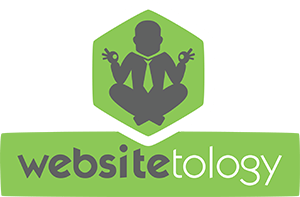Using WordPress collectively
Roles and Capabilities « WordPress Codex
Suppose you have 30 sales people in your company- and they are constantly sharing information they find on the web with the other sales people- via e-mail.
A sales person might send an e-mail to his peers:
Our competitor is bragging about their 6 million hits on their website monthly at site xyz- our web site has 6 million unique visitors- with way more hits. Go tell that to all the clients who are considering advertising on their site.
Instead- he could post it on his WordPress driven site- for all to see- with comparisons. Depending on his level- he could have different abilities to post:
- Administrator – Somebody who has access to all the administration features
- Editor – Somebody who can publish posts, manage posts as well as manage other people’s posts, etc.
- Author – Somebody who can publish and manage their own posts
- Contributor – Somebody who can write and manage their posts but not publish posts
- Subscriber – Somebody who can read comments/comment/receive newsletters, etc.
If the sales manager wants to keep control of what his sales people post- or let legal take a look- he can make them all Contributors– and make the lawyers Editors.
The great thing about letting everyone post- is content drives visitors and higher search results- so a small company of 30, posting often can create a high ranked site in a short period of time. The key will be making sure the posts are all properly categorized- and that everyone makes a good effort not to duplicate content.
Copyrights must also be observed- making sure that all content is properly attributed.
It never hurts to also hire an “editor” to try to make different writing styles all fall into one corporate voice. Look to hire a freelance writer- who is familiar with WordPress to help keep your site as grammatically correct as possible.
If you are looking for an editor- we can connect you with a few (it might be good if we hired one of them too- note to self).

